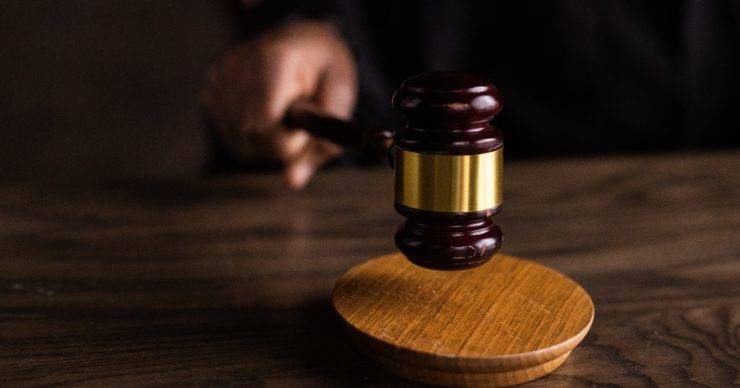
04
Oct 2022
What happened to Britney Spears?
After the ‘Free Britney’ movement and the popularity of the Netflix documentary ‘Framing Britney Spears’, I expect the entire world is aware of her struggles and the imposed Conservatorship. It has been a highly emotive case for some, and at least a controversial one to others, having been played out in a circus of media attention for months on end. But what exactly is a Conservatorship, and is it something any one of us could find ourselves trapped in?
Simply put, a Conservatorship is an arrangement where someone else can legally manage your affairs, both in respect of making financial decisions and dealing with matters relating to your health and welfare (including decisions on where you should live and even the end-of-life treatment you receive, if any). In the UK, we have a similar system known as a Deputyship, which is an Order of the Court of Protection. In order to obtain such an order, a close family member or a medical practitioner involved in the affected person’s ongoing care can apply to the Court of Protection (CoP) for a Deputy to be appointed. The applicant, however, must satisfy the Court’s stringent criteria to evidence that the affected person has objectively lost capacity. The process can be lengthy, but this, in part, is to ensure the system is not abused.
Under the American Conservatorship system, Britney’s father was appointed to manage her finances and affairs, although it would appear this was either mismanaged or misused to control the singer. Under UK law, any deputy appointed by the CoP has strict rules and procedures to follow, which would minimise the risk of such a position being abused. Whereas Britney’s father appears to have had free reign since the resignation of the co-Conservator, in the UK ALL court appointed Deputies are accountable to the Office of the Public Guardian (OPG), and must generate annual reports detailing all decisions made on behalf of the affected person. They can also be reimbursed (to a reasonable degree) for expenses they have incurred, but this would not include taking an income from the estate which they were appointed to manage (*ahem*, Mr Spears).
Additionally, a Deputyship can be ended with a further CoP Order, which can be sought on the basis that the affected individual has regained their mental capacity. There are various procedures in place for this to take effect, however the chances of a Deputy successfully being able to defend the necessity for the original order is slim, especially where the affected individual has a multitude of professionals arguing their capacity has been regained.
Part of the problem with both Conservatorships and Deputyships is that these are put in place after the affected party has already lost capacity. This means that the individual at the centre of the case does not have the opportunity to decide who they would trust to act on their behalf: the Conservator or Deputy is chosen and appointed by the court.
In the UK, we also have Lasting Powers of Attorney (LPAs), which act much in the same way but are drawn up by the affected person prior to capacity being lost. These are most commonly utilised where a loved one has been diagnosed with Alzheimer’s or dementia, and will sadly begin to lose the capacity to make decisions for themself.
With an LPA, restrictions can be set as to the extent of the powers the Attorney has, e.g., to ensure your attorneys cannot sell your home, or opt to withdraw life sustaining treatment. No such restrictions can be put in place in a Conservatorship or Deputyship because the subject has already lost the capacity to make such decisions for themselves.
An LPA can be put in place at any point in your life; none of us anticipate losing capacity, but an LPA acts as a safety net for us and our loved ones. There are two types, Property and Finance, and Health & Wellbeing, and you can have both or either. They must be registered with the Office of the Public Guardian (your solicitor does this on your behalf) and they do not need to take effect until you have actually lost capacity – unless you want them to. Not only that, but when compared to the length of time it can take for a Deputyship to be awarded by the court, LPAs can be drafted and registered within a number of weeks, and cost a pittance in comparison to CoP Deputyships.*
Should you have any questions or concerns about an existing LPA or Deputyship, putting either in place, or would just like any further information, our Solicitor Ellie Hirst and Probate Assistant Lisa Lowe are always happy to assist with your enquiries. Find out more, here.
*The Court of Protection Fee is £371. In comparison, the fee to register an LPA with the Office of the Public Guardian is £82 (Sept 2022)
- Like this ? Share with friends





